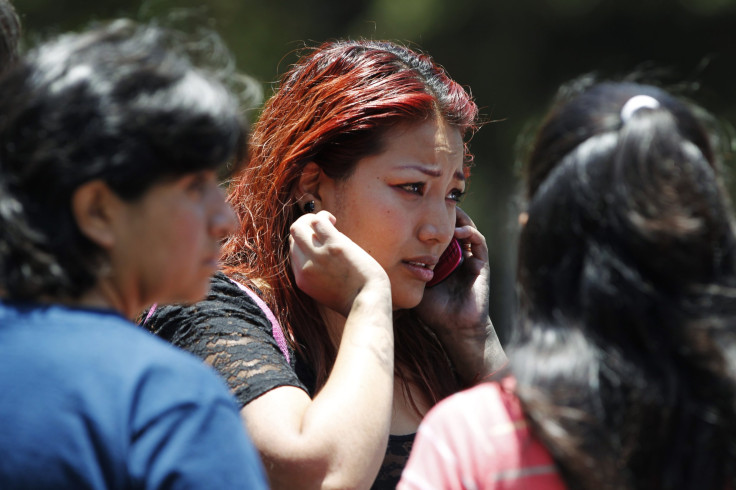
In order to talk to their family and friends abroad, the 2,500 residents of the indigenous Zapotec village of Talea de Castro, which sits high in the mountains of the Mexican state of Oaxaca, used to have to trudge down to the single community landline and shell out as much as a day's wages for a five-minute conversation. But fed up with telecommunications companies' claims that they couldn't afford to provide service in towns smaller than 5,000 people, Talea residents took matters into their own hands, establishing the country's first independent cellphone network, one which can handle 11 cellphone calls at a time for just 20 centavos (1.5 cents) a minute. The town's traditional Zapotec assembly voted in March to invest about 400,000 pesos ($30,000) of the community's money into the system. Villagers can pay per call or opt for a monthly plan that costs just 15 pesos ($1.12) - rates cheaper than what most people pay in Mexico City. Because the system sends calls over the internet, the town doesn't have to pay to connect with the country's biggest commercial carriers, which charge to route calls.
According to the Associated Press, the network uses simple radio receivers, a laptop, and inexpensive Internet technologies like Skype. A small antenna captures incoming calls with a software-controlled base radio - itself no more than a generic radio set which operates cheaply and more simply because the software does most of the work - while free, open-source software replaces much more complex cellphone systems to receive, route and bill calls. These systems can easily interface with Skype and other Internet-based services. It's worked quite well, despite poor reception in some houses on the edge of the community, occasional momentary losses of Internet service and weather-related problems, and with over 600 villagers signed up already, it's been so popular that the local assembly felt it necessary to impose a five-minute automatic cutoff on calls so that the lines don't become saturated with traffic.
Some hope that Talea could serve as a model for other small, often indigenous communities throughout Mexico and the rest of the world. About 700 million people globally don't have access to affordable cellphone service. David Burgess, CEO of Range Networks, which provided most of the technology for the Talea network, told the AP that big telecommunications companies could rent out unused bits of the wireless spectrum to places or small operators in rural areas. Those companies could be partly relieved of government pressure to expand service. "It gets the regulators off their back on universal service, it's a public relations move, it expands the network," Burgess said. "It allows them to get some revenue ... and it adds a bunch of new subscribers and encourages economic development."
RELATED: Mexico Soda Tax To Curb Obesity? Coca-Cola Angry Over Pena Nieto Plan
© 2024 Latin Times. All rights reserved. Do not reproduce without permission.